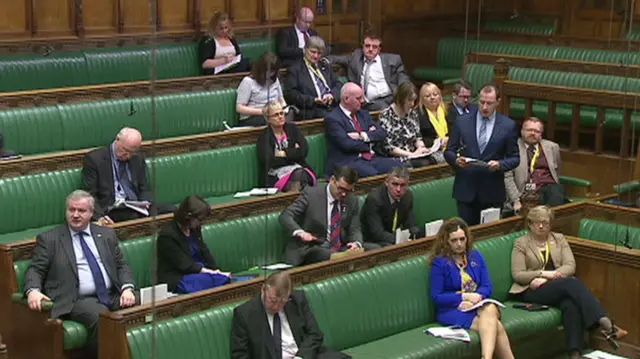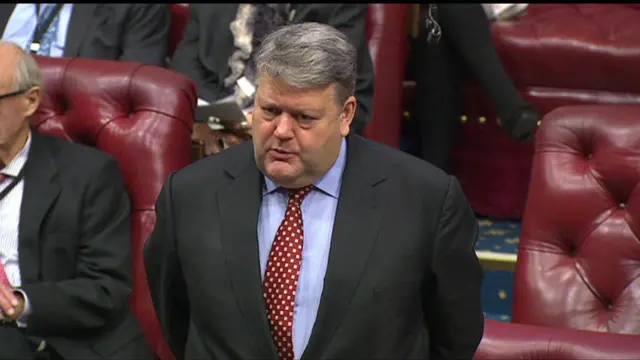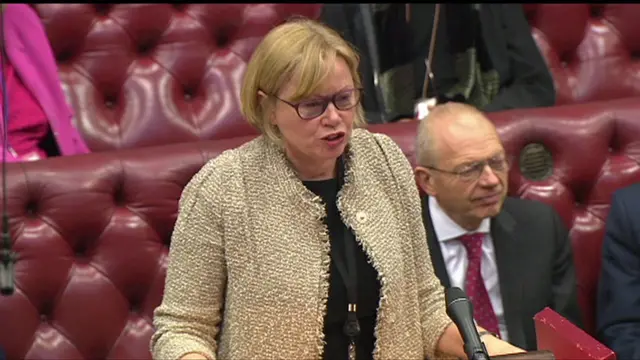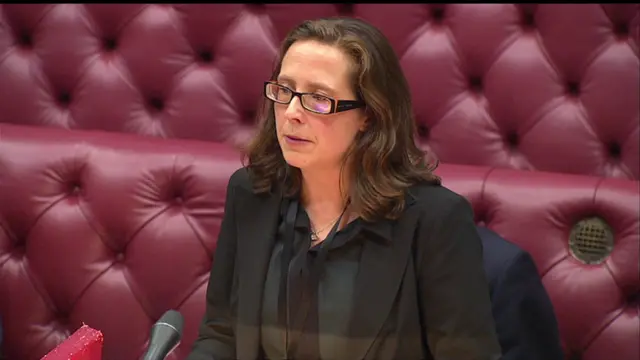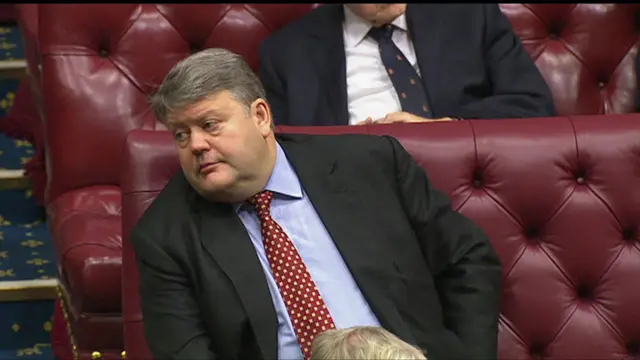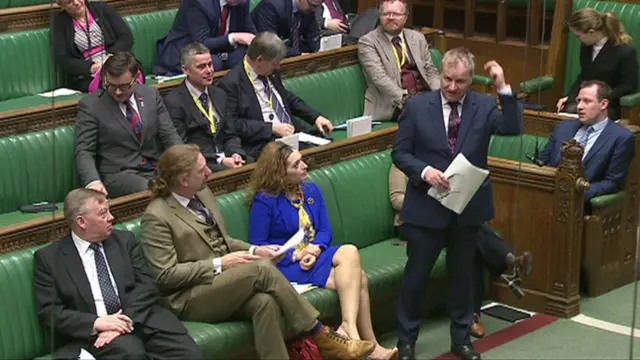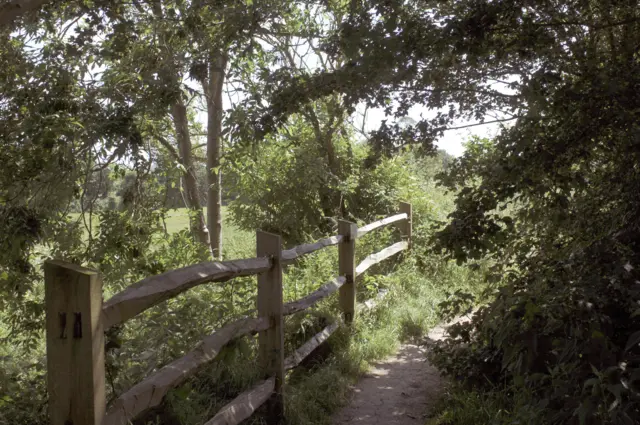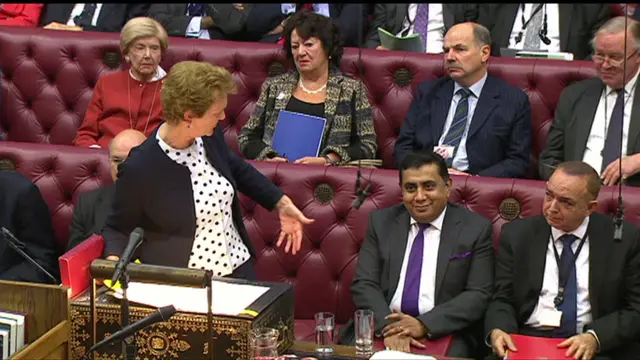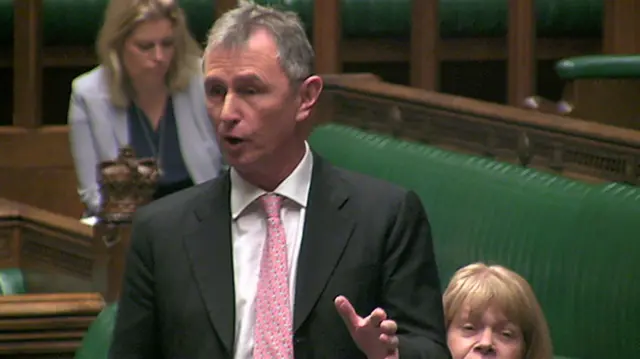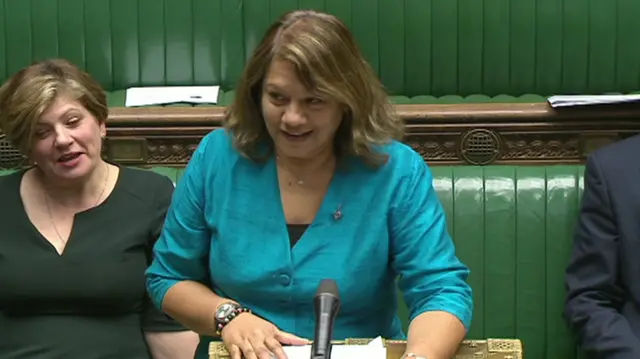Primary vs secondary legislationpublished at 12:30 GMT 17 November 2016
Strathclyde Review statement
 House of Lords
House of Lords
Parliament
What is the difference between primary and secondary legislation?
Primary legislation is the term given to an Act of Parliament - a law that is brought through both Houses of Parliament as a bill that is scrutinsed at various stages by both MPs and peers, with opportunities for amendments and debates on all aspects of the proposed law.
Secondary legislation is the term given to changes made to existing laws - often through the mechanism of a statutory instrument. The process of scrutiny for secondary legislation is much thinner than for primary legislation, both in terms of time given for debate and consideration, and the fact that amendments cannot be made.

